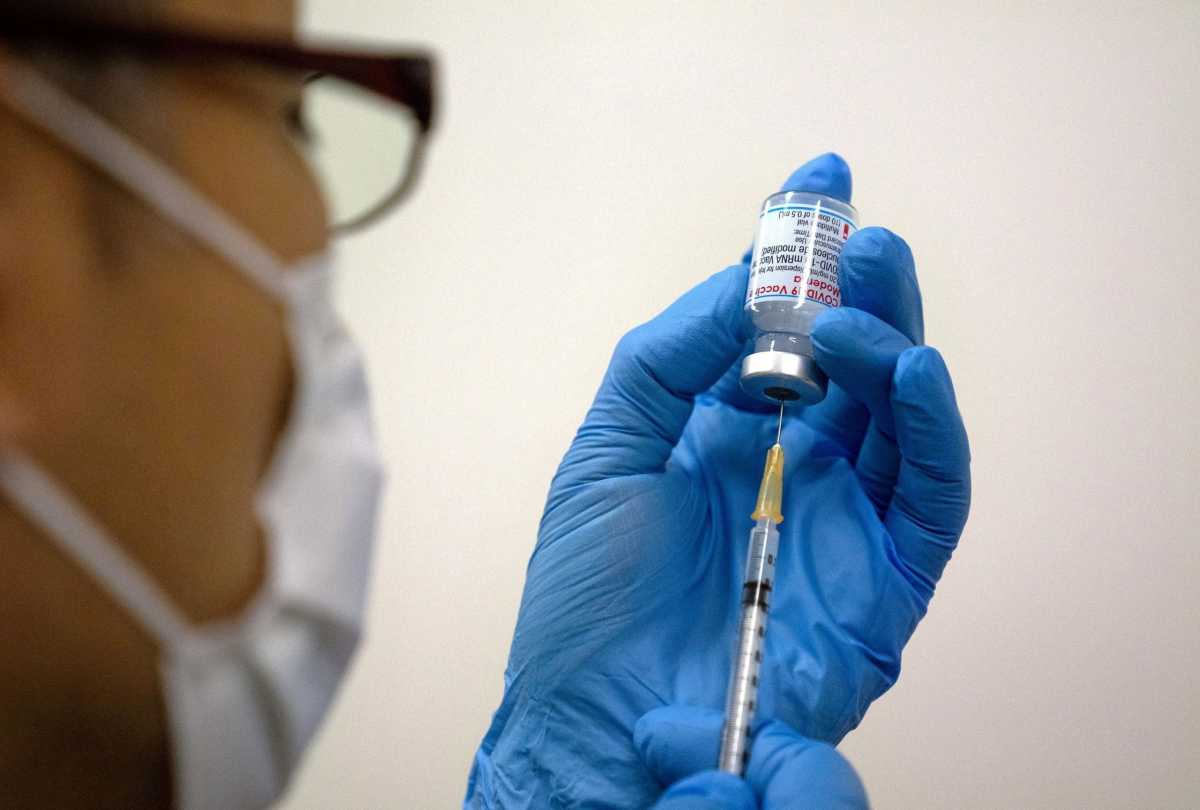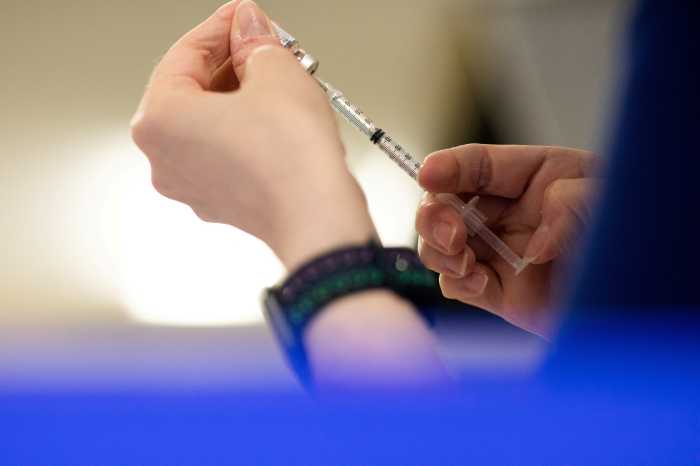By Manas Mishra
Moderna Inc said on Monday its COVID-19 vaccine generated a strong immune response in children aged six to 11 years and that it plans to submit the data to global regulators soon.
Moderna said its two-dose vaccine generated virus-neutralizing antibodies in children and safety was comparable to what was previously seen in clinical trials of adolescents and adults. It cited interim data that has yet to be peer reviewed.
It was unclear when U.S. regulators will weigh in on the shot. The Moderna COVID-19 vaccine is authorized for adults over the age of 18 years and is waiting for a response to its June application for children aged 12 through 17.
It is behind rivals Pfizer Inc and BioNTech SE, whose vaccine has been authorized for ages 12 and up since May. A panel of outside advisers to the U.S. Food and Drug Administration will meet on Tuesday to decide whether to recommend Pfizer’s vaccine in children aged five to 11 years.
Moderna said that in its trial of 4,753 participants, side effects were mostly mild to moderate in severity. The most common side effects were fatigue, headache, fever and injection site pain.
The company statement did not disclose any new information about cases of heart inflammation called myocarditis, a known side effect of mRNA vaccines.
The shots were 50 microgram doses, half the strength used in the primary vaccine series for adults and the same as the booster dose authorized for adults. It is higher than the 10 microgram dose Pfizer is planning for its vaccine in children.
Both the Moderna and Pfizer/BioNTech vaccines have been linked to myocarditis in young men.
Some studies have suggested the rate of incidence in recipients of the Moderna vaccine may be higher than in Pfizer recipients, perhaps because of the stronger dose of vaccine.
Sweden has paused the use of the Moderna vaccine for younger age groups because of the higher risk of myocarditis.
While children rarely become seriously ill or die from COVID-19, some do develop rare complications, and COVID-19 cases in unvaccinated children have risen due to the contagious Delta variant.
Children can also spread the virus, infecting those who are not protected by vaccines and giving the virus more room to develop new variations.
Moderna shares rose 2% in morning trading.
Reuters
























